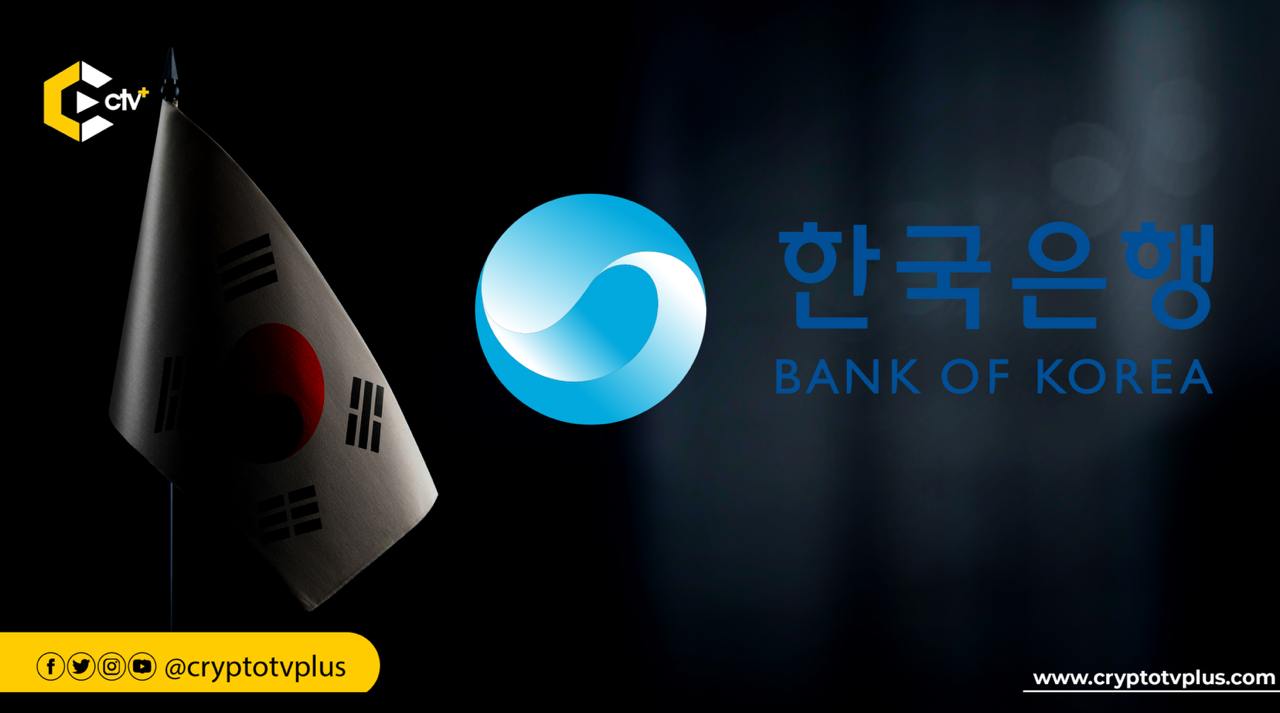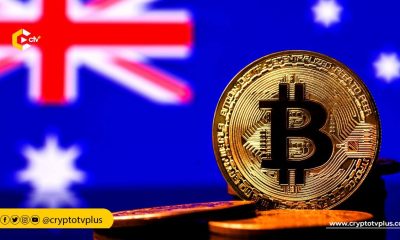News
Bank of Korea plans cautious approach to Bitcoin
Crypto lobbyists and Korea’s Democratic Party urged the country to incorporate Bitcoin into its reserves and develop a stablecoin linked to the won. However, the Bank of Korea stressed that reserves must be liquid and investment-grade, qualities that Bitcoin currently lacks.

The Bank of Korea plans to adopt a careful stance regarding Bitcoin reserves.
South Korea’s central bank has neither reviewed nor discussed the idea of a Bitcoin reserve, despite growing calls from lawmakers and cryptocurrency lobbyists.
Exercising prudence, the Bank of Korea is assessing whether to incorporate Bitcoin into its foreign exchange holdings.
In a written reply dated March 16, the Bank of Korea explained that concerns over volatility have prevented it from assessing the potential for a Bitcoin reserve.
As the Korea Herald reported, central bankers responded to Representative Cha Gyu-geun of the National Assembly’s Planning and Finance Committee by stating that they have neither discussed nor assessed Bitcoin’s inclusion in foreign reserves, highlighting their cautious stance.
“Bitcoin’s price volatility is very high,” the central bank noted, before adding that “in the case of cryptocurrency market instability, transaction costs to cash out Bitcoins could rise drastically.”
According to CoinGecko, Bitcoin has experienced wild price movements in the last 30 days, fluctuating between $98,000 and $76,000 before reaching a current level of about $83,000, representing a 15% drop since February 16.
As global discourse on integrating crypto assets into national financial strategies intensifies, US President Donald Trump’s recent executive order—mandating the formation of a strategic Bitcoin reserve and digital asset portfolio—has fueled further debate.
Crypto lobbyists and select members of Korea’s Democratic Party encouraged the country to adopt Bitcoin as part of its reserves and establish a stablecoin linked to the won during a seminar on March 6.
The Bank of Korea asserts that foreign exchange reserves must be liquid, readily usable, and hold a minimum investment-grade credit rating, which it contends Bitcoin does not achieve.
Professor Yang Jun-seok of the Catholic University of Korea concurred, stating, “It is appropriate for foreign exchange to be held in proportion to the currencies of countries with which we trade.”
The US favors stablecoins over Bitcoin to maintain its global financial dominance, according to KAIST finance professor Kang Tae-soo, who also pointed out that the IMF’s future recognition of stablecoins as foreign reserves will be a critical factor.
While considering the repeal of its ban on crypto ETFs, South Korea’s financial regulator studied Japan’s Financial Services Agency’s regulatory trends in the cryptocurrency sector earlier this month.

























Pingback: Bitcoin Fails to Meet Bank of Korea's Foreign Reserve Standards
Pingback: Bitcoin's Shortcoming: Bank of Korea Rejects It as Foreign Reserve